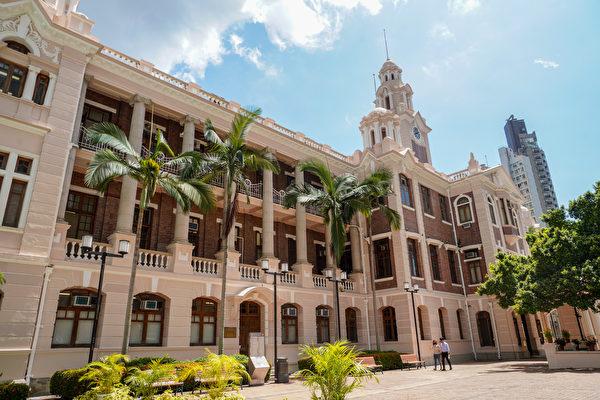Money has been flowing from mainland China into Hong Kong, setting a record high of over 1 trillion yuan ($137.5 billion) deposits in recent months. As part of the trend, over 130 mainland Chinese restaurants have opened in the city, too. However, many of those businesses have closed soon after opening their doors, prompting questions over what it all means.
Capital Flight Puts Pressure on Yuan
On June 26, the offshore yuan to U.S. dollar exchange rate fell below 7.3, marking the lowest since November 2023.According to the China Foreign Exchange Trade System, the yuan midpoint rate against the U.S. dollar was reported at 7.12, hitting a new low in the past seven months. So far this year, the yuan has depreciated by over 2 percent against the U.S. dollar.





